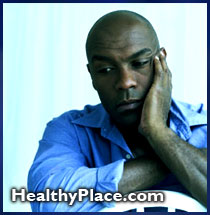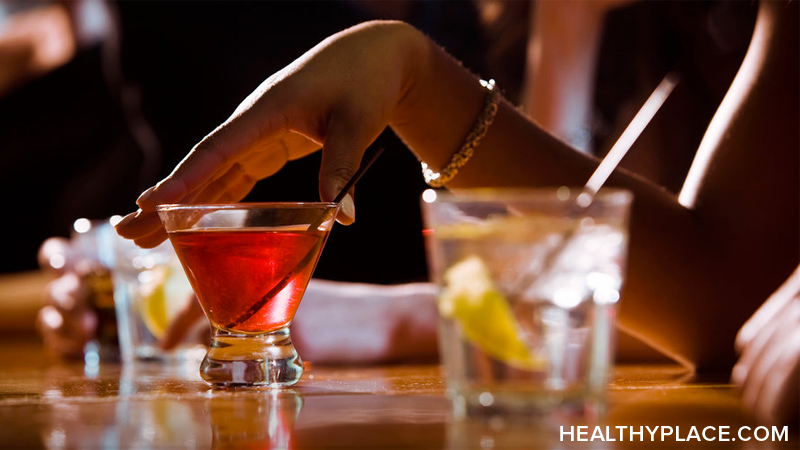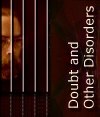Jesus and Christ Consciousness
"The coming of this Master Teacher 2000 years ago was a milestone in the journey that marked a great acceleration in the process of moving back to alignment with the Light within.
This Master Teacher was known as Jesus the Christ. The man Jesus was a perfect child of the Goddess and God energy - just as we all are perfect children of the God-Force!
This messenger added the most powerful ingredient to the process. He brought us our secret weapon. He taught Love. He carried the message of a Loving God."
Christ Consciousness
"We all have available to us - within - a direct channel to the Highest Vibrational Frequency Range within The Illusion. That highest range involves consciousness of the Glory of ONENESS. It is called Cosmic Consciousness. It is called Christ Consciousness.
This is the energy that Jesus was tuned into, and he stated very plainly, "These things that I do, you can do also." - by atoning, by tuning in.
We have access to the Christ Energy within. We have begun the Second Coming of the message of Love."
Codependence: The Dance of Wounded Souls by Robert Burney
Jesus, in my opinion, was the most important Master Teacher in the history of humankind. The reason he was so important was that he taught Love. He carried the message of a Loving God-Force.
Jesus was a perfect Spiritual Being, a direct extension/manifestation from the ONENESS that is the God/Goddess Energy, having a human experience - just as we all are perfect Spiritual Beings having a human experience. What made Jesus different is that he was more en-Light-ened, more tuned in to the energy of Light and Love, more conscious of the Truth of ONENESS. That does not mean that he was able to be emotionally tuned into that Truth all of the time - no human can be. It meant that he carried a Knowing of that Truth and Love with him - integrated into his emotional responses to life. He was human - he did get angry, scared and afraid, he did have a dark side and know despair at times. Jesus also had sensual and sexual desires and a mate and lover in Mary Magdalene.
continue story below
What really made Jesus so special was that he was able to be enLightened in a time when the inner channel to Christ Consciousness that all humans possess was blocked by planetary conditions. He was able to use the Archangelic vibrational frequencies to circumvent the blockage in the planetary energy field.
The planetary conditions that blocked humans from accessing Christ Consciousness - the vibrational Knowing of the Truth of ONENESS - were in place for tens of thousands of years. Conditions have now changed! We have entered a new time, an Age of Healing & Joy has dawned in Human Consciousness on the planet. All of the "old-souls" involved in healing in this time have the capacity to access the Truth of ONENESS and Love through their inner channel.
(The term "old-soul" refers to the stage of consciousness evolution an individual has attained by this lifetime - it does not mean better than, or farther along than, those who do not have to do the healing. There is no hierarchy in the Truth of a Loving Great Spirit - those who appear to have low, or no, consciousness in this lifetime are simply doing their healing in another space-time illusion parallel to this one. All old-souls are born at a heart-chakra level of consciousness and therefore have more sensitivity, and less capacity for denial, than other people. In other words, the gift of having access to Truth and Love carries with it the price of greatly increased emotional sensitivity.)
Due to the planetary conditions, the human ego developed a belief in separation - which is what made violence possible and caused the human condition as we inherited it. The reflection of that human condition on the individual level is the disease of Codependence. Codependence is caused by the ego being traumatized and programmed in early childhood so that our relationship with ourselves and the God-Force is dysfunctional - that is, it does not work to help us access the Truth of ONENESS and Love. It is through healing our relationship with ourselves that we open our inner channel and start tuning into the Truth.
Christmas is about Love and birth, new beginnings. The Winter Solstice is the time of the longest darkness and marks the point of increasing light just as the birth of Jesus is a milestone which marked the time of the acceleration of the return to Light in the evolution of Human Consciousness. This Christmas we can celebrate, resonate with, the vibrational Knowing of the Truth of ONENESS and the new beginning the Second Coming of the message of Love - that has begun.
next: Jesus and Mary Magdalene - Jesus, Sexuality and the Bible
APA Reference
Staff, H.
(2009, January 9). Jesus and Christ Consciousness, HealthyPlace. Retrieved
on 2026, January 13 from https://www.healthyplace.com/relationships/joy2meu/jesus-and-christ-consciousness
 Seventy-two percent of 86 major depressive patients with atypical features as defined by the DSM-IV and evaluated systematically were found to meet our criteria for bipolar II and related "soft" bipolar disorders; nearly 60% had antecedent cyclothymic or hyperthymic temperaments. The family history for bipolar disorder validated these clinical findings. Even if we limit the diagnosis of bipolar II to the official DSM-IV threshold of 4 days of hypomania, 32.6% of atypical depressives in our sample would meet this conservative threshold, a rate that is three times higher than the estimates of bipolarity among atypical depressives in the literature. By definition, mood reactivity was present in all patients, while interpersonal sensitivity occurred in 94%. Lifetime comorbidity rates were as follows: social phobia 30%, body dysmorphic disorder 42%, obsessive-compulsive disorder 20%, and panic disorder (agoraphobia) 64%. Both cluster A (anxious personality) and cluster B (e.g., borderline and histrionic) personality disorders were highly prevalent.
Seventy-two percent of 86 major depressive patients with atypical features as defined by the DSM-IV and evaluated systematically were found to meet our criteria for bipolar II and related "soft" bipolar disorders; nearly 60% had antecedent cyclothymic or hyperthymic temperaments. The family history for bipolar disorder validated these clinical findings. Even if we limit the diagnosis of bipolar II to the official DSM-IV threshold of 4 days of hypomania, 32.6% of atypical depressives in our sample would meet this conservative threshold, a rate that is three times higher than the estimates of bipolarity among atypical depressives in the literature. By definition, mood reactivity was present in all patients, while interpersonal sensitivity occurred in 94%. Lifetime comorbidity rates were as follows: social phobia 30%, body dysmorphic disorder 42%, obsessive-compulsive disorder 20%, and panic disorder (agoraphobia) 64%. Both cluster A (anxious personality) and cluster B (e.g., borderline and histrionic) personality disorders were highly prevalent.


 The first breathing skill is called Natural Breathing, or abdominal breathing. In fact, this is a good way to breathe all day long, unless you are involved in physical activity. In other words, you should practice breathing this way all day long, since it provides for sufficient oxygen intake and controls the exhalation of carbon dioxide.
The first breathing skill is called Natural Breathing, or abdominal breathing. In fact, this is a good way to breathe all day long, unless you are involved in physical activity. In other words, you should practice breathing this way all day long, since it provides for sufficient oxygen intake and controls the exhalation of carbon dioxide.